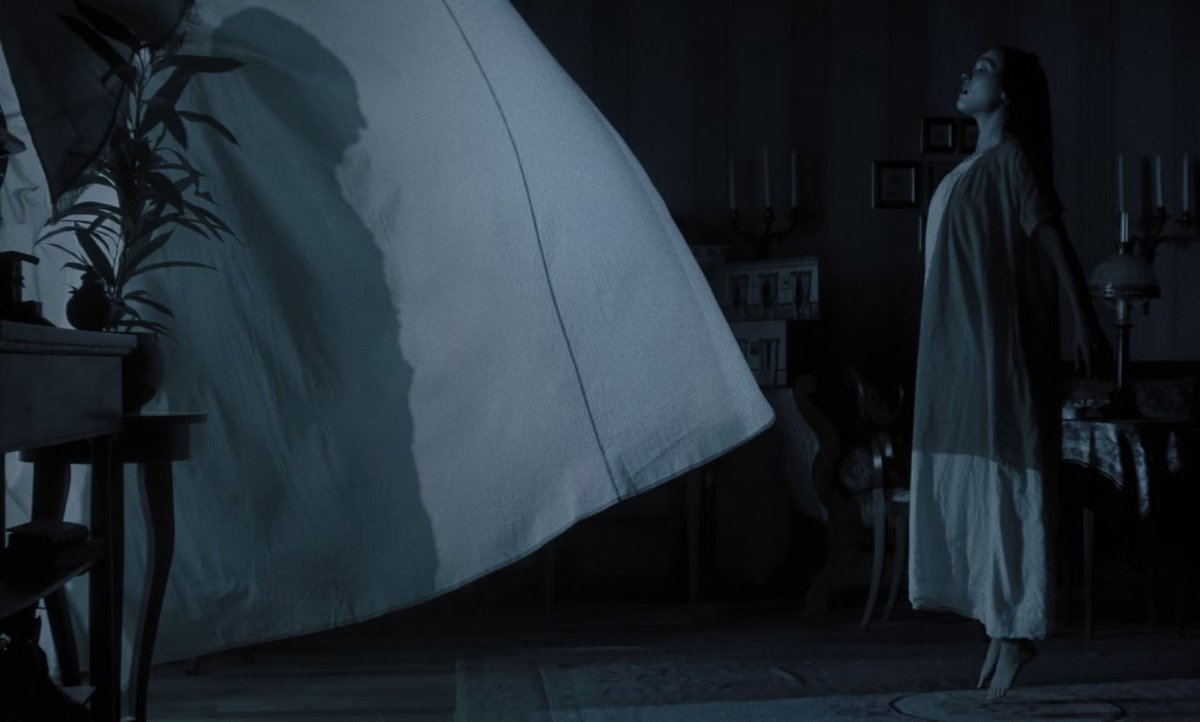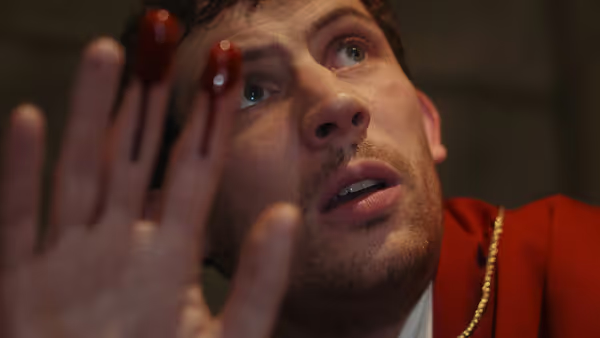🇬🇧🇪🇸Nosferatu: The Mysterious Horrors of Abuse

When watching the average vampire film, it seems impossible to escape society’s morbid fascination with these blood sucking creatures. We tend to sexualize what should be a horrific act, and to aid us, we present these vampires as conventionally attractive seducers to ease our minds.
However, “Nosferatu” (2024) seems to have taken a different approach. Count Orlok (Bill Skarsgård) is presented to us as a repulsive being, a walking rotten corpse who seems far older than our conventional Edward Cullen or Eric Northman. Our protagonist, Ellen Hutter (Lily-Rose Depp) is placed in scenarios that seem so grotesque, one feels on a rational level that the only correct way to interpret the sexual connotations present are as a commentary on sexual abuse, on the horrors of forced violence upon women (and men, as seen through Mr Hutter).
Yet many people reduce this film to simply being part of the “monsterfucker” genre, and I can’t help but agree. One cannot sit back and watch Ellen’s fits – consisting of excessive moaning and back arching – without feeling like the violence of this film is meant to attract instead of repulse, feeding the never ending cycle of romanticization of an all powerful man exerting his power over those weaker than him.
Which is a shame, considering the film is not only visually stunning on a cinematographic level (which in itself is a worthy reason to experience it, for some), but because it could have been the beginning of a revolution in the way we perceive these creatures of the night, and how we project our own horrors, mysteries and abuse onto them, however natural this urge may be.
Maybe one day we’ll be able to draw the curtains, and truly face our fears head on. Just not today.
SPANISH VERSION: Nosferatu: Los misteriosos horrores del abuso
Parece que una película de vampiros media es incapaz de evitar la fascinación mórbida que siente la sociedad en relación con los chupasangre. Tendemos a sexualizar lo que debería verse como un acto horrendo, y, para tranquilizarnos, presentamos a los vampiros como seductores convencionalmente atractivos.
Sin embargo, “Nosferatu” (2024) ofrece una opción alternativa. El conde Orlok (Bill Skarsgård) es visualmente un ser repulsivo, un cadáver podrido andante que parece mucho mayor de lo que cabe esperar de Edward Cullen o Eric Northman. Cuando nuestra protagonista, Ellen Hutter (Lily-Rose Depp), se encuentra en situaciones grotescas de este tipo, uno siente que, a nivel racional, no queda otra interpretación de las connotaciones sexuales del caso que imaginar un comentario sobre al abuso sexual y los horrores de la violencia impuesta a las mujeres (y a los hombres, como se observa en relación con el Sr. Hutter).
Aún así, muchas personas han reducido esta película a formar parte sin más del género “monsterfucker”, y debo decir que estoy de acuerdo. Uno no puede dejar de ver los espasmos de Ellen (consistentes en gemidos excesivos y espaldas arqueadas) sin tener la impresión de que tratan de atraer al público en vez de repelerlo, alimentando el ciclo interminable de romantizar al hombre todopoderoso que ejerce poder sobre seres más débiles.
Lo cual es una pena, en vista de que la película no solo es cinematográficamente impresionante (razón válida en sí para ir a verla, para algunos), sino porque también podría haber iniciado una revolución con respecto a nuestra percepción de estas criaturas de la noche y cómo proyectamos, por natural que sea el impulso, nuestros propios horrores, misterios y abusos.
Tal vez algún día lleguemos a correr las cortinas y enfrentarnos cara a cara con nuestros miedos. Pero hoy no es el día.



